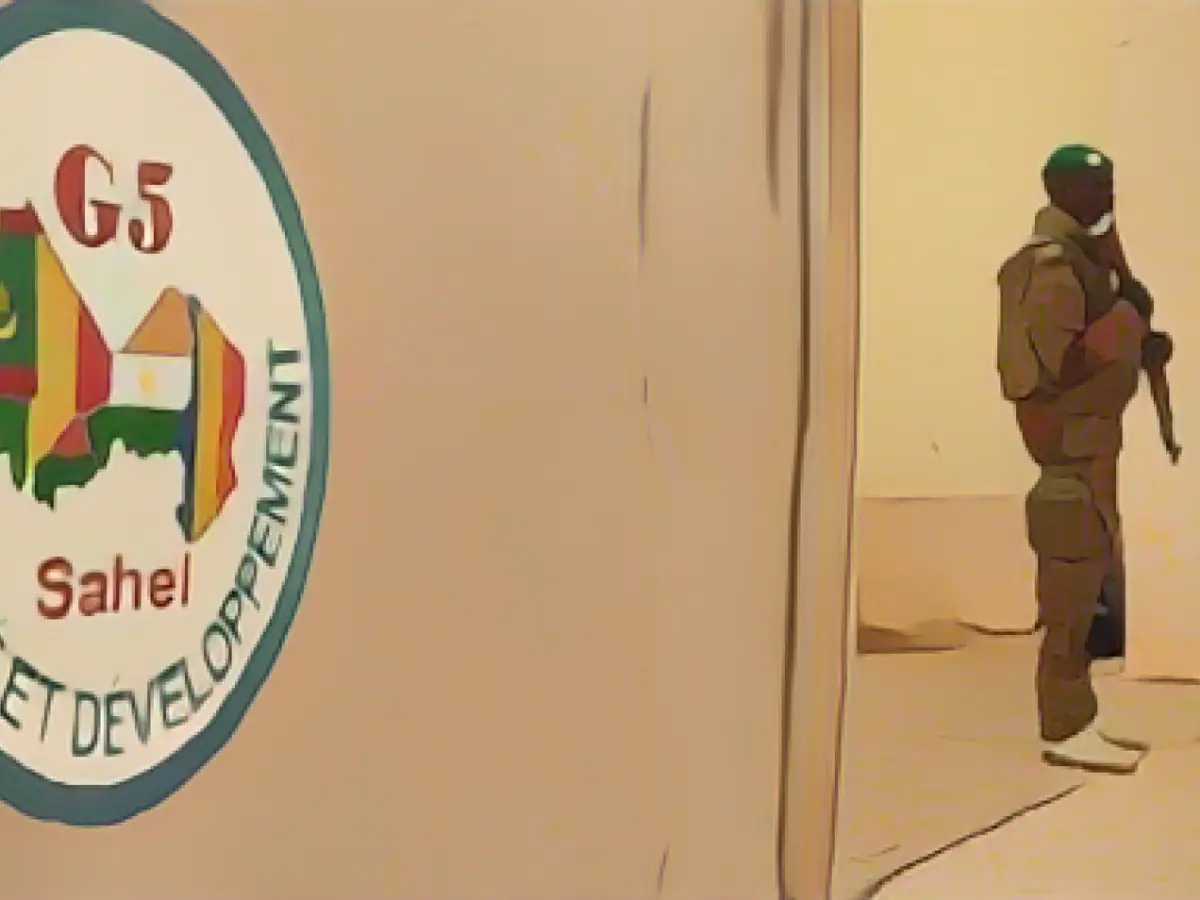Burkina Faso and Niger leave Sahel G5 alliance and its anti-jihadist force
"Worse still, the legitimate ambitions of our countries to make the Sahel G5 an area of security and development are being hampered by an institutional bureaucracy from an earlier age," the two countries added, apparently referring to the former colonial power France. The G5 must not "serve foreign interests to the detriment of our peoples and even less the dictates of any power that treats them like children in the name of partnership and denies them the sovereignty of our peoples".
The G5 was founded in 2014 by the Sahel states of Mali, Mauritania, Burkina Faso, Niger and Chad. In 2017, the five countries deployed a joint force of several thousand soldiers with the support of France to combat the jihadists gaining strength in the region.
Mali withdrew from the G5 force just over a year ago. The military had seized power in the West African country in 2020. The military has now also taken power in Burkina Faso and Niger: In Burkina, the coup occurred last year; in Niger, the army took power at the end of July.
Following the withdrawal of Burkina Faso and Niger, only Chad and Mauritania are now members of the G5 Sahel group. Their anti-jihadist force is largely financed by the European Union.
Read also:
- Schulze warns Lindner against budget cuts in development and climate aid
- Farewell to Finnbogason: "A lot achieved for the FCA"
- Despite the withdrawal of Burkina Faso and Niger, France continues to express concern about the instability in the Sahel region, particularly the growth of jihadist groups.
- The anti-jihadist force, primarily funded by the European Union, now consists only of Chad and Mauritania, leaving a significant gap in the Sahel network.
- Burkina Faso and Niger's decision to leave the G5 alliance and its anti-jihadist force was a response to what they perceived as foreign interests undermining their sovereignty, likely referring to the influence of France.
- The G5 alliance, established in 2014 by Mali, Mauritania, Burkina Faso, Niger, and Chad, was intended to promote security and development in the Sahel region, but its effectiveness has been challenged by internal conflicts and external interventions.
- The withdrawal of Burkina Faso and Niger from the G5 force has weakened the alliance's ability to combat jihadist groups in the Sahel, potentially allowing such groups to expand their influence in the region.
- Niger's military takeover in late July 2021 was the latest in a series of power seizures in the Sahel, following a coup in Burkina Faso the previous year.
- The Sahel nations, including Burkina Faso and Niger, have been grappling with a growing jihadist presence in the region, and their departure from the G5 anti-jihadist force may exacerbate the security challenges facing the Sahel.
Source: www.stern.de







